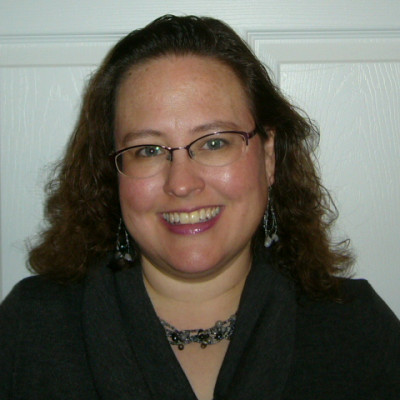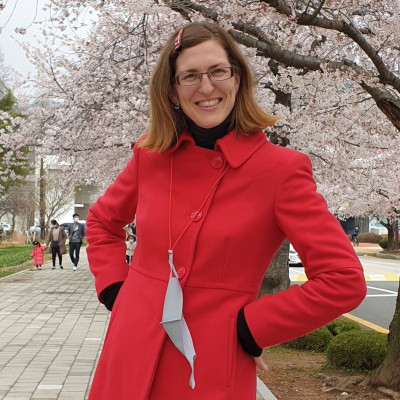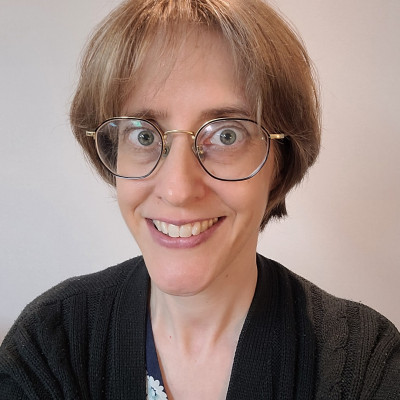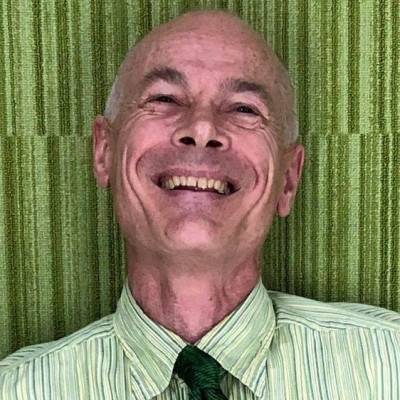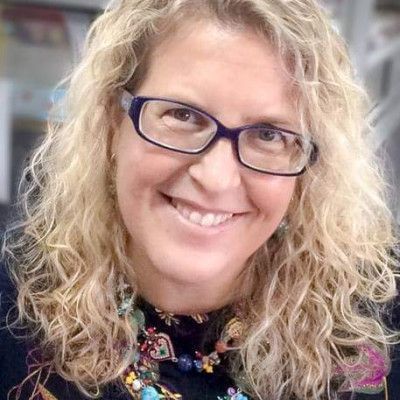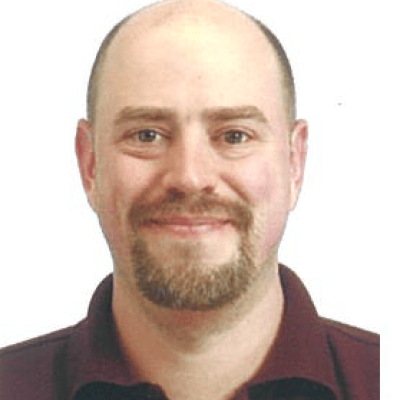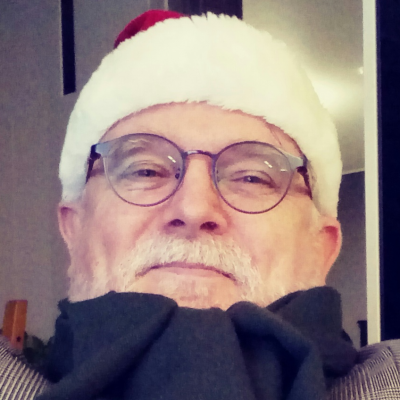Sessions / Location Name: P202
Physical Location
Location: P202
Building: Prime < Sookmyung Women's University, Seoul
Haiku Poems for Syllabic and Phonetic Awareness #3600
Creating Haiku poetry combines syllabic and phonetic awareness for English learners. This workshop demonstrates a Jigsaw PBL (Project-Based Learning) method. After an interactive warm-up activity practicing question forms to know each other, the class learns the Haiku poem structure. Then small groups of mixed-level participants brainstorm words associated with their local towns evoking nature to actively collaborate and create Haikus about their respective environments. Final presentations are on group posters (analog) and a wholeclass e-book accessible to the world (digitally on Canva). For professional development participants work in small, mixed groups to experience a jigsaw lesson in order to plan their own jigsaw lessons with their students’ needs in mind. Free resources are shared via Google Classroom and participants are invited to join a Facebook group for teachers to collaborate and share teaching tips as an on-demand professional development source to continue the conversation.
The University of Missouri Online M.Ed. TESOL Program #3831
Learn about the second language acquisition process and enhance your teaching practice by completing a master’s degree in Learning, Teaching, and Curriculum with an emphasis in TESOL at the University of Missouri. Join this session to learn about the online M.Ed. track and hear about the experiences of students in the program. Have your questions about the curriculum and the application process answered by program faculty.
In addition to Dr. Ashcraft, a graduate and current student in the program will also be on hand:
David Blaisdell is a 2020 graduate of the TESOL program at the University of Missouri. He teaches English Language Arts at Hankuk Academy of Foreign Studies.
BrainPOP Jr. 101: Aiding Students with Collaboration and Digital Literacy #3643
English education in EFL has always straddled the line between competitive core curriculum and edutainment. The pandemic came to spotlight an inevitable shift regarding the necessary collaboration between shared technology in the classroom and at home. ELL instructors have had to remain one step ahead of the digital curve to ensure that classroom and parent expectations are met. Instructors are left with the dubious task of fostering engagement with their students, in and often outside the classroom, but where to start? This workshop reviews in-class research and instructors will be presented with a specific forum that provides media and modules to construct lessons and curriculums that help students from all levels better understand core concepts in language arts. Participants will discuss and formulate engaging ways to foster the usage of keywords and incidental language through channels of humor, review, and gamification, which supports collaboration and engagement with all students.
ESP Listening Difficulties and Strategies: A Metaphorical Analysis #3835
This research presented the qualitative data from a project. It aims to investigate the relationship between student concepts of listening difficulties and strategies in ESP classroom (English for specific purposes). 83 fifth-year applied language students from a five-year junior college. Students were required to do five writing assignments based on their comprehension and reflections on the listening activities in class. The writings were carefully examined according to Lakoff and Johnson’s model for analyzing conceptual metaphors. A questionnaire was used to collect students’ perspectives on listening difficulties and strategies. The results of this study indicate that through proper guidance, some students could express their listening difficulties and strategies with metaphors properly and hence their thoughts were deeply understood. Not only students but also the teachers can benefit from knowing students’ ESP learning concepts. Pedagogical guidelines are suggested for ESP teachers, based on the results of the metaphorical analysis and the results of the questionnaire.
Collaborative Classroom Conflict Prevention and Resolution Projects #3477
In this panel discussion, four educators across three Asian countries (China, Japan, and South Korea) who are members of a Peace Linguistics group share their lived classroom experiences of teaching and applying nonviolent communication for conflict prevention and resolution. The FENS communication model involves looking at the facts of the communicative situation, identifying the needs and emotions of each party, and generating and evaluating possible solutions (in case of a conflict). Specific language/discourse resources were introduced to facilitate consideration and expression of the facts, emotions, needs, and solutions. After introducing this model, the panelists describe how they presented and applied it in specific English language courses in their unique university contexts. This is followed by a discussion and audience Q&A. It is hoped that participants leave the session inspired with fresh ideas and empowered to try out new conflict prevention and resolution activities in their own classrooms.
Extra! Extra! Creating an English for Journalism Course Using the 4Cs Framework #3460
Journalism presents an ideal opportunity to engage with the CLIL 4Cs (content, cognition, culture, and communication). During the news writing process, students must think critically to develop story ideas on topics they believe will interest their readers. They then gather information on that topic through online research and one-on-one interviews with people in the community. Finally, they write, edit, and publish their stories following journalistic style. In this workshop, the presenter will briefly outline an English for Journalism course at a private university in Japan and explain how it attempts to incorporate the 4Cs into the class. Using this framework, student feedback on the course, and the presenter’s reflections on teaching the course, attendees will collaborate to create tasks, assignments, and other material that can be used in their own journalism lessons.
Bridging Research and Practice: Professional Development on Teaching Writing in Secondary Schools #3500
This session presents the rationale, development, implementation, and initial assessment of an on-site, traveling professional development workshop series designed for secondary teachers engaged in academic writing instruction to English learners (ELs) in content areas. This workshop series was initiated in response to an increasing number of ELs in Florida and a large number of secondary educators entering the profession without ESOL endorsement due to a teacher shortage. It was designed to address teachers’ lack of pedagogical knowledge and skills to teach academic writing to secondary school students. Drawing on genre pedagogies and pedagogical discourse analysis, we invite conference attendees to join us to delve into the research-based framework, activities, and resources used to enhance secondary teacher competence in teaching academic writing. Participants will learn how to integrate language, content, and context in their teaching and analyze published texts and student essays to practice using genre pedagogies for teaching writing.
Bringing back face to face conferences: Dynamic presentations #3399
Perhaps you've found yourself at a conference, thinking that you could give a presentation. You can! This presentation is designed to walk participants through each step of the proposal and presentation process. You will be shown where to look for upcoming conferences, the steps to apply toward presenting, keys to a strong proposal, and some tips on how to make your presentation be successful. Because the process can seem a bit daunting and confusing the first time, we hope that having a couple veterans of the process to help you along the way might make all the difference. In this workshop, you will be given information, shown examples, and guided through small group work to start producing an abstract that participants can use for future proposals.

